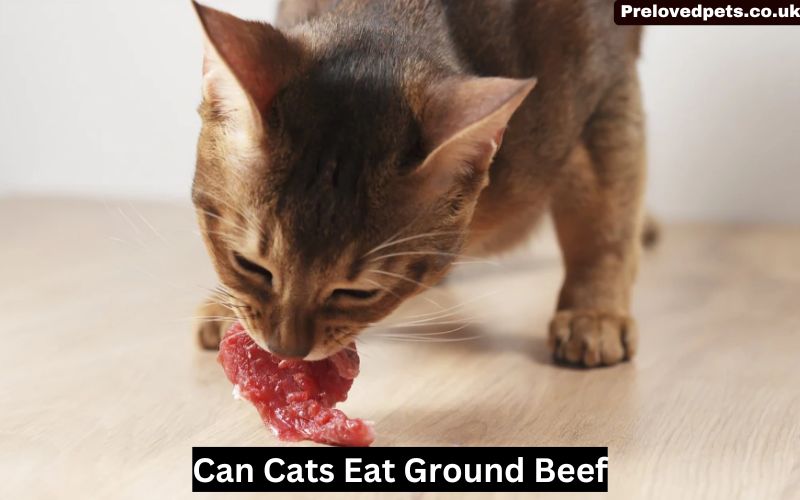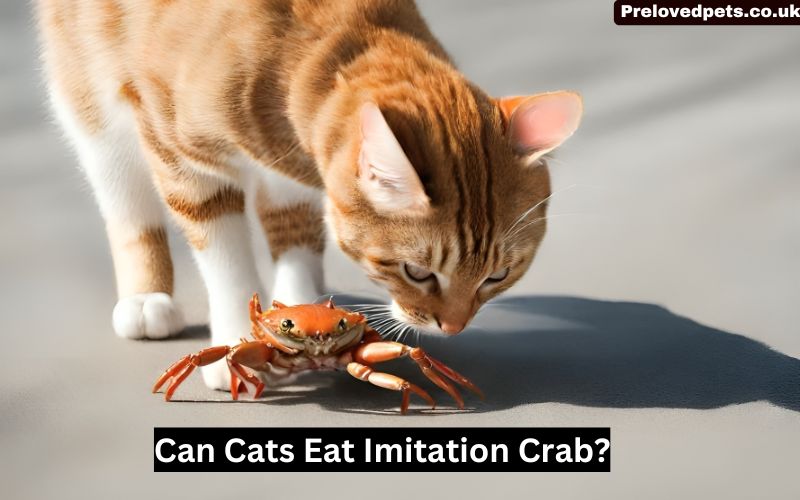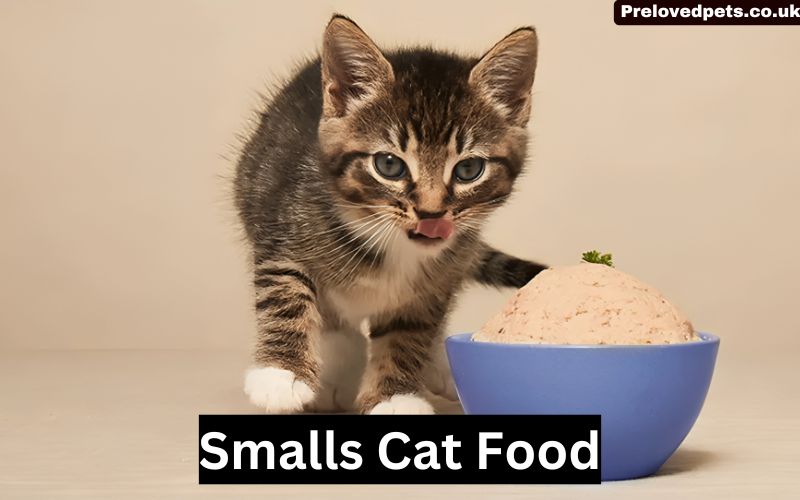As a cat owner, you’re likely always looking for ways to provide the best nutrition for your feline friend. Cats are obligate carnivores, meaning their diet should primarily consist of meat. But when it comes to feeding them human foods, it’s natural to wonder what’s safe and what isn’t. One common question is: Can cats eat ground beef? The short answer is yes, but with some important considerations. In this article, we’ll dive deep into the nutritional value of ground beef for cats, the potential benefits and risks, and how to safely incorporate it into your cat’s diet.
The Nutritional Value of Ground Beef for Cats
Ground beef, when prepared correctly, can be a nutritious addition to your cat’s diet. It is high in protein, which is essential for maintaining muscle mass, supporting the immune system, and providing energy. Ground beef also contains a good amount of iron, zinc, and B vitamins like B12, which are crucial for a cat’s overall health.
However, it’s important to note that ground beef alone is not a complete diet for cats. Cats require a balanced diet that includes a variety of nutrients such as taurine, omega-3 and omega-6 fatty acids, and calcium. Commercial cat foods are specifically formulated to meet these dietary needs, so while ground beef can be a part of their diet, it should not be the sole component.
Understanding the Role of Taurine in a Cat’s Diet
One of the most crucial nutrients that cats require is taurine, an amino acid that is essential for a cat’s heart health, vision, and reproduction. Unlike other animals, cats cannot synthesize taurine in sufficient amounts, so they must obtain it from their diet. While ground beef contains some taurine, it’s not enough to meet the daily requirements of a cat.
This is why it’s vital to ensure that ground beef is not the only source of protein in your cat’s diet. Commercial cat foods are fortified with taurine, making them a necessary component of a well-rounded diet. If you’re feeding your cat a homemade diet, you’ll need to supplement it with taurine to prevent deficiencies that can lead to serious health issues such as heart disease and blindness.
Benefits of Feeding Ground Beef to Cats
- High Protein Content: As obligate carnivores, cats thrive on high-protein diets. Ground beef is an excellent source of animal-based protein, which is more digestible and bioavailable to cats than plant-based proteins.
- Rich in Essential Nutrients: Ground beef is packed with essential nutrients such as iron, which helps in the formation of red blood cells; zinc, which supports immune function and skin health; and B vitamins, particularly B12, which is vital for nerve function and energy metabolism.
- Palatability: Many cats find the taste of beef irresistible. If you have a picky eater, incorporating ground beef into their diet might help stimulate their appetite.
- Variety in Diet: Introducing ground beef can add variety to your cat’s diet, which can be beneficial, especially if your cat tends to get bored with the same food. A varied diet can also help ensure that your cat is getting a range of nutrients from different sources.
Risks and Considerations
While ground beef can be beneficial, there are some risks and considerations to keep in mind:
- Fat Content: Ground beef, especially if it’s not lean, can be high in fat. While cats need some fat in their diet, too much can lead to obesity and other health issues such as pancreatitis. It’s best to opt for lean cuts of beef or drain off excess fat before serving.
- Potential for Contamination: Raw ground beef can harbor harmful bacteria such as Salmonella or E. coli, which can cause food poisoning in both cats and humans. Cooking the ground beef thoroughly can help eliminate these risks. If you choose to feed raw, it’s important to source high-quality meat and follow strict food safety guidelines.
- Imbalanced Diet: As mentioned earlier, ground beef alone does not provide all the necessary nutrients a cat needs. Over time, feeding a diet that’s not nutritionally balanced can lead to deficiencies. It’s best to use ground beef as a supplement to a well-balanced commercial cat food rather than as a replacement.
- Additives and Seasonings: If you’re feeding ground beef that’s been prepared for human consumption, be wary of any additives, seasonings, or sauces that might be harmful to cats. Ingredients like onions, garlic, and excessive salt are toxic to cats and should be strictly avoided.
Raw vs. Cooked Ground Beef: What’s Best for Cats?
The debate between feeding raw vs. cooked food to pets, especially cats, is ongoing. Both sides have their arguments, and it’s essential to weigh the pros and cons before deciding what’s best for your cat.
Raw Ground Beef: The Pros and Cons
- Natural Diet: Advocates of raw feeding argue that it mimics what cats would eat in the wild, where they consume raw prey. They believe this can lead to healthier skin, shinier coats, and more energy.
- Enzymes and Nutrients: Some nutrients and enzymes can be destroyed by cooking. Feeding raw preserves these elements, which may contribute to better digestion and nutrient absorption.
- Bacterial Contamination: Raw meat, including ground beef, can contain harmful bacteria such as Salmonella, E. coli, and Listeria. These can pose a risk not only to your cat but also to you and other members of your household, especially if proper handling procedures are not followed.
- Nutritional Imbalance: Feeding raw ground beef alone does not provide a complete diet. A raw diet must be carefully formulated to include all essential nutrients, which often requires supplements and a variety of other raw foods.
Cooked Ground Beef: The Pros and Cons
- Reduced Risk of Contamination: Cooking ground beef thoroughly kills harmful bacteria, making it a safer option for your cat.
- Easier to Digest: Some cats may find cooked meat easier to digest than raw, especially if they have a sensitive stomach or digestive issues.
- Loss of Nutrients: Cooking can degrade some nutrients and enzymes in the meat, potentially reducing its nutritional value. However, this can be mitigated by ensuring your cat’s diet is balanced overall.
- Texture Changes: Cooking changes the texture of the meat, which may or may not be preferred by your cat. Some cats might be less interested in cooked meat if they are used to raw textures.
How to Safely Feed Ground Beef to Your Cat
If you decide to include ground beef in your cat’s diet, follow these guidelines to do so safely:
- Choose Lean Cuts: Opt for lean ground beef with minimal fat content. You can find ground beef that is 90% lean or higher, which is preferable for cats.
- Cook Thoroughly: To reduce the risk of bacterial contamination, cook the ground beef thoroughly. You can brown the meat in a skillet without adding any seasonings. Ensure it’s fully cooked, with no pink areas remaining.
- Serve in Moderation: Ground beef should be offered as an occasional treat or supplement rather than a daily meal. Start with small portions to see how your cat reacts. A teaspoon or two mixed with their regular food is usually sufficient.
- Avoid Additives: When preparing ground beef for your cat, avoid using any seasonings, sauces, or oils. These can be harmful to your cat’s health. Plain, unseasoned beef is the safest option.
- Monitor Your Cat’s Health: After introducing ground beef into your cat’s diet, keep an eye on their health and behavior. Look out for any signs of digestive upset, such as vomiting or diarrhea, and consult your veterinarian if any concerns arise.
How Often Should You Feed Ground Beef to Your Cat?
When it comes to feeding ground beef to your cat, moderation is key. While it can be a healthy addition to their diet, it should not be the mainstay of their meals. Here’s a guideline on how often you can safely feed ground beef to your cat:
- Occasional Treat: Ground beef can be given as an occasional treat, perhaps once or twice a week, depending on your cat’s overall diet and health.
- Supplementing Meals: If you’re using ground beef to supplement your cat’s regular food, you can mix in a small amount (about a teaspoon or two) with their usual meals a few times a week. This can add variety to their diet without overwhelming their nutritional needs.
- Balance with Other Foods: Ensure that ground beef is part of a balanced diet that includes other sources of protein, fat, and essential nutrients. Relying too heavily on ground beef can lead to an unbalanced diet, which can have long-term health consequences.
Consulting Your Veterinarian
Before making any significant changes to your cat’s diet, it’s always a good idea to consult with your veterinarian. Every cat is different, and factors such as age, weight, health status, and activity level can all influence what is best for their diet. Your vet can provide personalized advice and help you create a feeding plan that meets all of your cat’s nutritional needs.
Common Myths and Misconceptions About Feeding Cats Ground Beef
There are several myths and misconceptions surrounding the idea of feeding ground beef and other meats to cats. Let’s address a few of the most common ones:
- Myth: Cats Should Only Eat Raw Meat: While some proponents of raw feeding believe that cats should only consume raw meat, this isn’t necessarily true. While raw meat does have benefits, it also comes with risks, such as bacterial contamination. Cooked meat, when prepared properly, can be just as beneficial and safer for many cats.
- Myth: Ground Beef is a Complete Meal for Cats: Ground beef, on its own, is not a complete meal for cats. It lacks several essential nutrients, including taurine, calcium, and certain vitamins and minerals. A cat’s diet needs to be balanced and include a variety of nutrients, which is why commercial cat foods are typically recommended as the primary diet.
- Myth: Cats Can Eat the Same Ground Beef as Humans: While cats can eat ground beef, it’s important to prepare it specifically for them. Human-prepared ground beef often contains seasonings, additives, and sauces that are not safe for cats. Always serve plain, unseasoned ground beef to your cat.
Alternatives to Ground Beef
If you’re looking for other ways to provide variety in your cat’s diet, there are several alternatives to ground beef that you can consider:
- Chicken: Chicken is another excellent source of protein for cats. Like ground beef, it should be cooked thoroughly and served without seasoning. Chicken is often easier on the stomach and is a leaner option compared to beef.
- Turkey: Turkey is lower in fat than beef and can be a great option for cats, especially those that need to lose weight or maintain a healthy weight. It’s also a good source of essential nutrients and can be served cooked and unseasoned.
- Fish: While fish can be a good source of omega-3 fatty acids, it should be fed in moderation due to the risk of mercury contamination. Also, be sure to cook the fish and remove all bones before serving. Fish should not be the main component of your cat’s diet as it can lead to thiamine deficiency if fed excessively.
- Commercial Cat Foods: High-quality commercial cat foods are formulated to provide a balanced diet and can come in a variety of protein sources, including beef, chicken, and fish. These can be convenient and ensure that your cat is getting all the nutrients they need.
- Organ Meats: Organ meats like liver and heart are rich in nutrients and can be a beneficial addition to your cat’s diet. However, they should be fed in moderation, as too much organ meat, particularly liver, can lead to vitamin A toxicity.
The Importance of a Balanced Diet for Cats
A balanced diet is crucial for your cat’s overall health and well-being. While ground beef can be a nutritious part of their diet, it’s important to remember that it should only be one component of a varied and balanced diet. Cats require a range of nutrients, including protein, fat, vitamins, minerals, and amino acids like taurine, to thrive.
Commercial cat foods are specifically formulated to meet these nutritional needs and are often the easiest way to ensure your cat is getting a balanced diet. However, if you prefer to prepare homemade meals for your cat, it’s essential to do so under the guidance of a veterinarian or a pet nutritionist to avoid any nutritional deficiencies.
See Also: Can Cats Eat Ground Beef?
Conclusion
In summary, cats can eat ground beef, but it should be given with caution. Ground beef is rich in protein and other essential nutrients, making it a potentially healthy treat or supplement to your cat’s diet. However, it’s important to choose lean cuts, cook the meat thoroughly, and avoid adding any seasonings or additives. Remember that ground beef should not replace a balanced, complete diet that meets all of your cat’s nutritional needs. If you’re ever unsure about your cat’s diet, it’s always best to consult with a veterinarian who can provide personalized advice based on your cat’s specific health requirements.
By following these guidelines, you can safely offer your cat ground beef as part of a varied and nutritious diet, contributing to their overall health and well-being.




